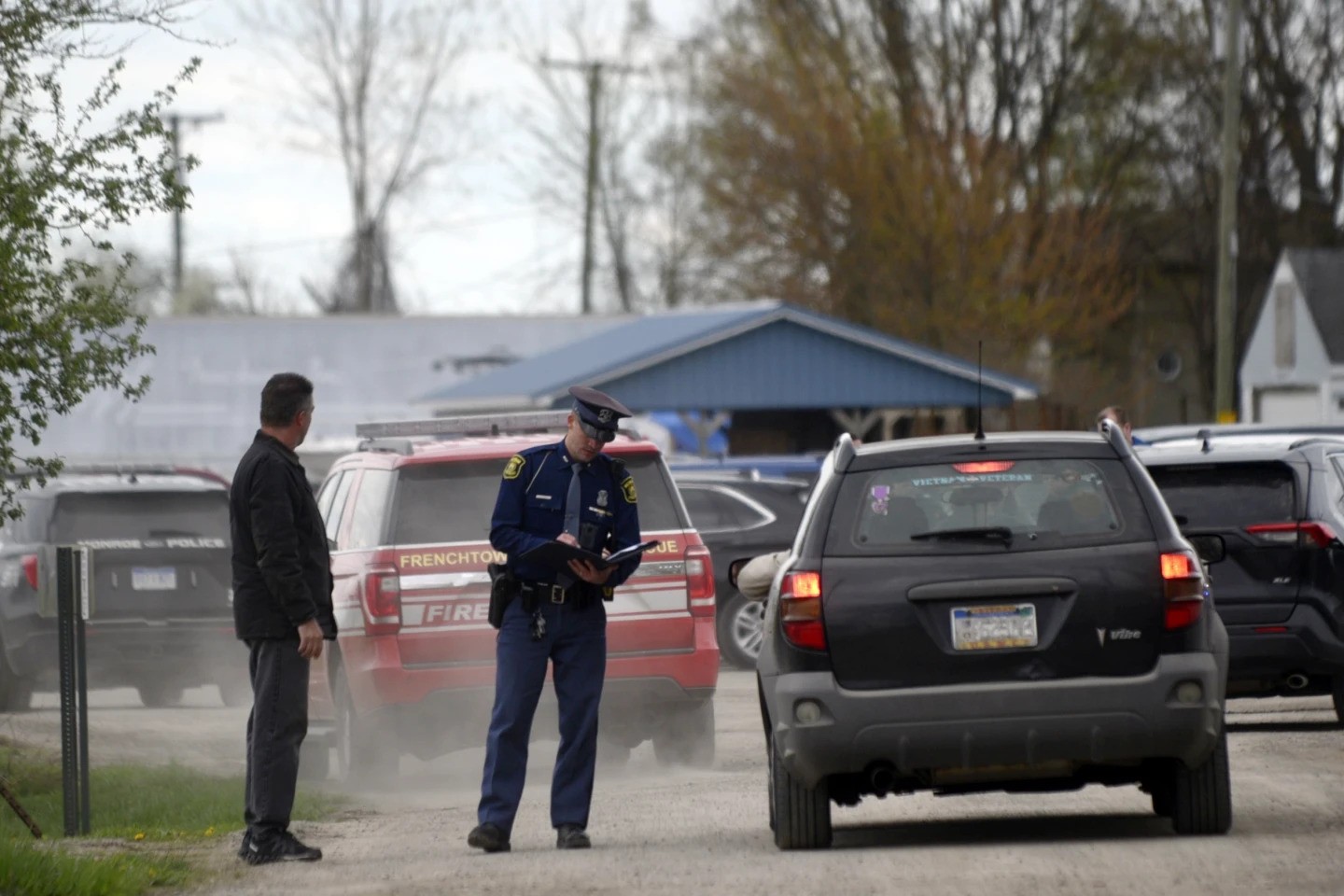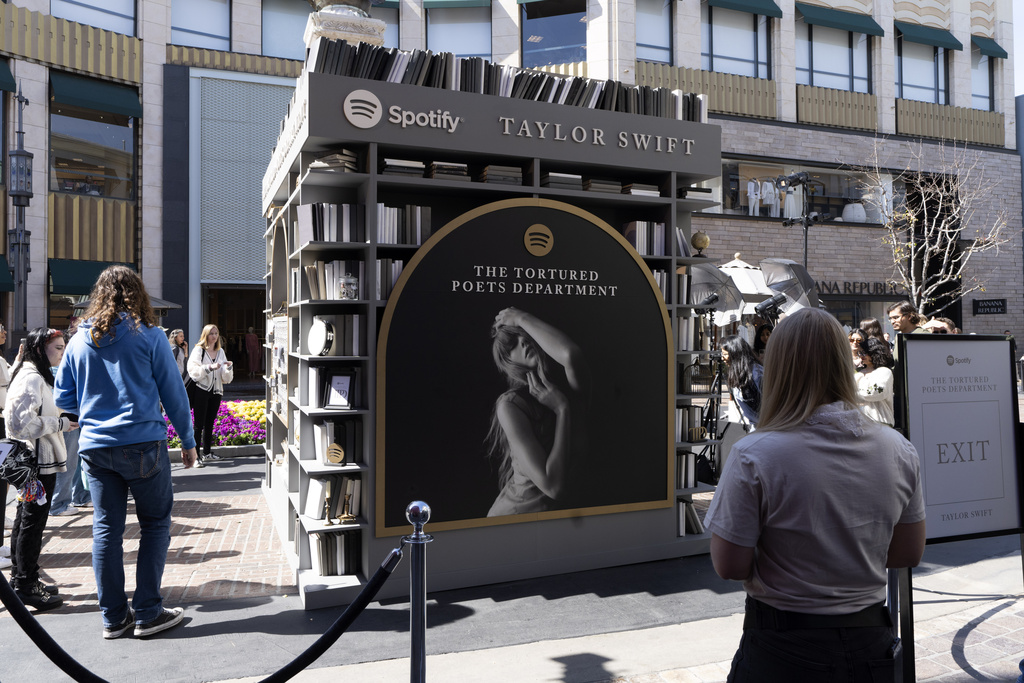It didn’t even take a month and Governor Gretchen Whitmer has signed the first bills of the new legislature.
The package signed Tuesday in Lansing is a $1.1 billion spending supplemental that was negotiated last session but failed to make the finish line.

Now with Democratic leadership, the bill plan was beefed up and pushed through to the governor’s desk. With the full trifecta majority, Gov. Whitmer and Democrats have said they are going to hit the ground running and it showed in the very first bill signing happening in January. This is the first time since 1947 since it’s happened this early in the year.
“I can’t wait to see how today’s supplemental will lower cost and make a real difference in people’s lives,” said Gov. Whitmer at the signing event.
It came quickly, and rubbed some lawmakers the wrong way, but last week the legislature passed a massive spending package that includes a quarter of a billion federal dollars for COVID relief, $200 million for a paper mill in the Upper Peninsula and maybe most important for the region, $200 million for affordable housing.
According to the Executive Office, it will also fund the Missing Middle Housing Program which specifically aims to build and rehabilitate properties for middle class families. This bill will provide $100 million in Revitalization and Placemaking Grants to turn underutilized office, commercial, and community space into places for people to enjoy, including affordable housing, outdoor dining areas, or other place-based spaces.
“With it, we can leverage $380 million in addition of private funding to rebuild or refurbish 2,000 units, house 6,000 Michiganders and create 1,600 good paying construction jobs,” said Gov. Whitmer.
“Everywhere I go in our district, this is pretty much the number one thing I’m hearing about is affordable housing,” said Sen. John Damoose, a Republican from Harbor Springs. “We have none for our people to live.”
There is also funding for the state’s SOAR fund, the pool of money used to attract businesses and more jobs.
“I will remain focused on trying to ensure that Michigan has what it needs to compete and win for every opportunity,” said Gov. Whitmer. “That means we’ve got to have robust economic development tools that we’ve relied on to land record investments.”
It’s been a bipartisan approach to bring major economic deals.
“I am all for the free market. I’m a free market Republican, no question about it,” said Sen. Damoose. “But the fact of the matter is, the government is part of the free market right now, like it or not.”
Right now the state is projected to have so much money that an automatic income tax rate reduction kicks in. There have been rumblings in Lansing the democrats may thwart that tax rollback.
“I think that there are a lot of things that will go into determining whether it’s even something that might happen,” said Gov. Whitmer.
If they keep boosting the SOAR fund and spending down the revenue surplus, Michigan no longer would trigger that automatic rollback.
“We can’t do that. I mean, everybody in the state of Michigan is suffering under inflation and this is one that is in the books,” said Sen. Damoose. “It’s a perfect tax cut for people to roll it back to 4.05%.”
Gov. Whitmer did not directly deny the possibility but instead pointed to other tax breaks being negotiated, like the earned income tax credit and pension tax repeal.
“These are real meaningful ways that we can help people right now,” said Gov. Whitmer.
The next big step coming out of Lansing will probably be when Whitmer unveils her budget proposal for the next year and that’s expected next week.


